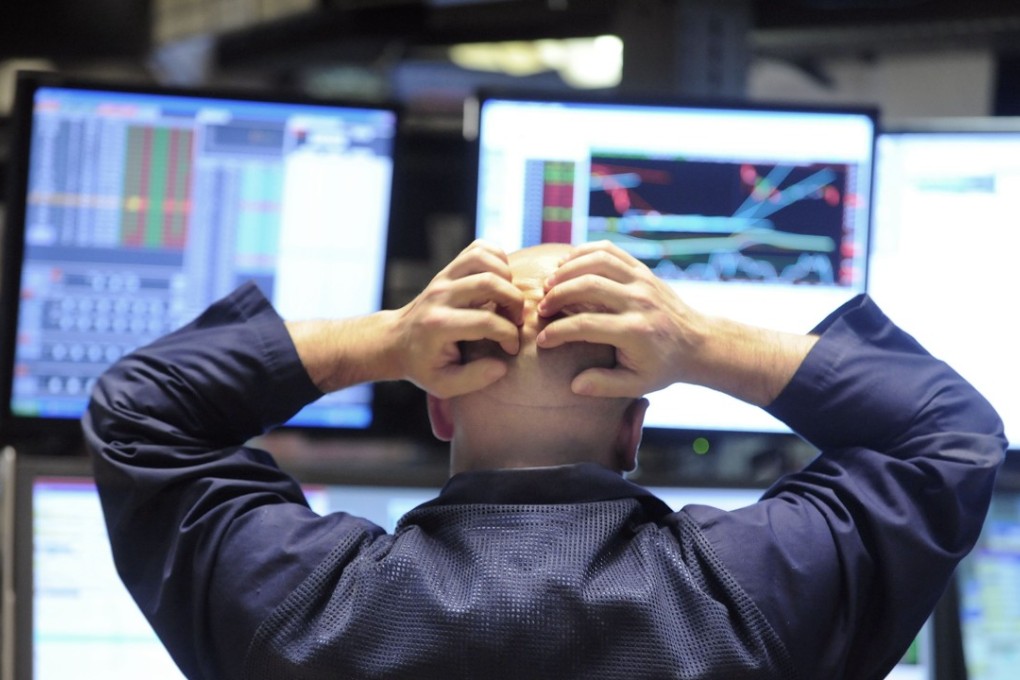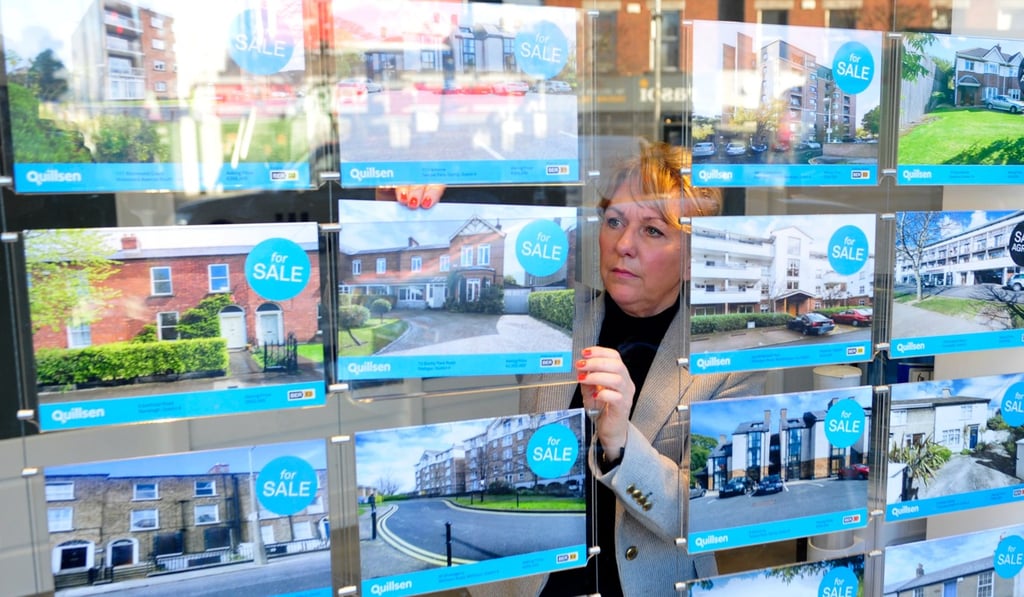Another global financial crisis is imminent, and here are four reasons why
Niall Ferguson says that, based on the similarity between present conditions and those before the 2008 Great Recession, there is reason to believe another global slowdown is on the way

Two months later, I found it “perfectly possible to imagine a liquidity crisis too big for the monetary authorities to handle alone ... Governments would need to step in.” By autumn 2007, I argued that we confronted “a more toxic cocktail than many investors still want to believe”, and the crisis would be global.
There is a lot about the present reminiscent of pre-crisis days. In all but a handful of housing markets, inflation-adjusted home prices are above where they were on the eve of the crisis. US home prices plunged a quarter between 2006 and 2012. They have recovered and added some on top. New York condos are 19 per cent above their pre-crisis high. And real estate isn’t the best performer of 2017.
